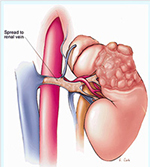
Diabetes Mellitus is a condition wherein the blood sugar is high but it takes quite a toll on all the other organs in the body, […] Read More

Diabetes Mellitus is a condition wherein the blood sugar is high but it takes quite a toll on all the other organs in the body, […] Read More
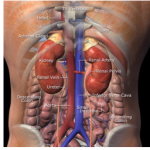
The Kidneys are one of the most important organs of the excretory system in human beings. The other organs are the liver, the lungs, and […] Read More

Our body converts all food into energy (calories). The main source of energy is from carbohydrates. Carbohydrates include sugars, starch, fibre etc. Our body converts […] Read More
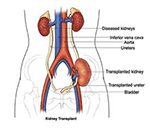
All tubes and catheters are removed by day 6. Occasionally you may get discharged with the urinary catheter (in case you have urinary retention or […] Read More
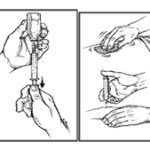
You take Insulin by subcutaneous (the tissue below the skin layer) injection; it can also be given intravenously in emergency clinical conditions during hospital admissions. […] Read More
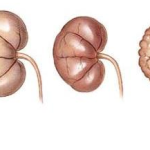
The kidneys help to keep the internal environment constant through their excretory and regulatory function and produce hormones that play a role in red blood […] Read More
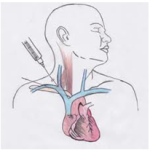
A vein is a type of blood vessel that returns blood from the tissues back to the heart; it has impure blood that contains less […] Read More

It is a device used to inject Insulin. It has Insulin prefilled in a cartridge, a dial that helps in delivering the prescribed dose and […] Read More
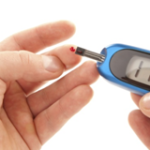
Most of the medications used in diabetes mellitus (DM) work by stimulation of production of Insulin by the patient’s pancreas. Some of the medications interfere with the […] Read More
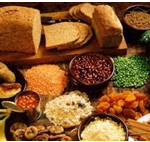
Dietary fiber (DF) is the term given collectively to indigestible carbohydrates present in the plants foods. It is not present in animal products such as […] Read More